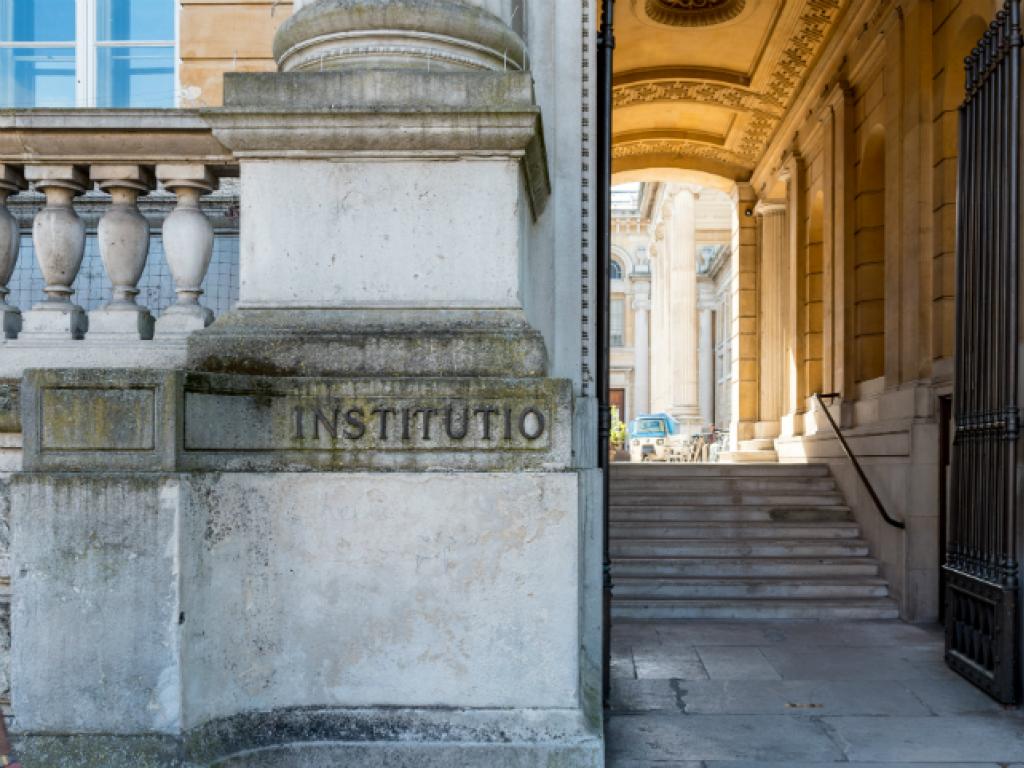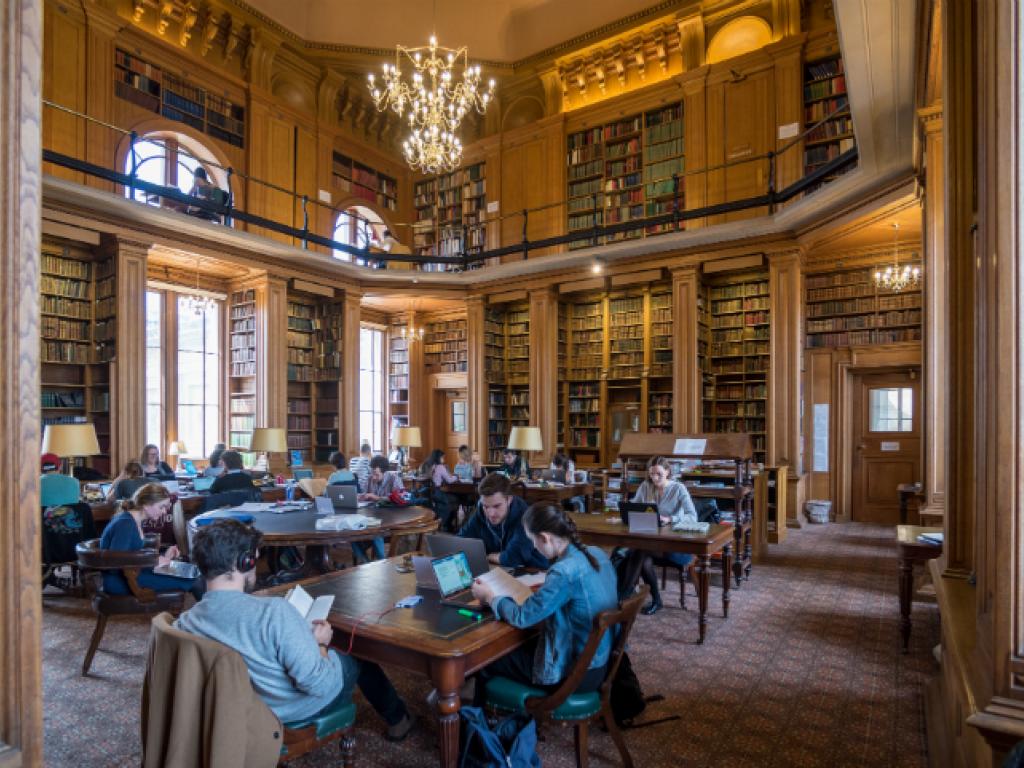
The Brits are bad at foreign languages, aren’t they? It has been part of the British national self-image for decades that few ever become either fluent or accurate in anything other than their native language and that they certainly don’t attain the levels of mastery regularly heard in English from visitors from other European countries. This sense of inadequacy is confirmed by objective studies. A European Commission report in 2012 placed the UK bottom of the EU class: the share of pupils reaching the level of 'independent user' in the first foreign language learnt varied from 9% in England to 82% in Sweden.
We hope that our Faculty newsletter will entertain and inform you.
Of course, it’s not true of all of us, and if you’re reading this, you are likely to be interested enough either to have attained that status of independent user of at least one foreign language, or to be in the process of doing so. You may already be an alumnus of the Oxford Faculty of Medieval and Modern Languages or perhaps you are contemplating applying to study languages with us, or you may simply be a language enthusiast who has been drawn to see what we have to offer. In any case, we hope that our Faculty newsletter will entertain and inform you. This is the first of what is planned as a termly issue, in which we will offer articles reflecting the range of research activities within the faculty, while also considering the teaching of languages at Oxford and elsewhere.
This issue already shows off some of that research range, from epitaph fictions in late-medieval France (Prof. Helen Swift) to the virtual reality of Romantic objects (Prof. Catriona Seth) and the friendships of the great German poet Goethe (Prof. Ritchie Robertson), from a review of the acclaimed Argentinian film Zama (Prof. Ben Bollig) to a study of the heritage of Angolan women writers (Prof. Phillip Rothwell). Not all the research we do is produced by established academics, however. You will also find here a profile of one of our doctoral students, reflecting our vital mission to teach and train the researchers of the future.

Students in the Taylor Institution Library, May 2018.
The bulk of the Faculty’s teaching remains for undergraduates, with most of the languages we teach being offered either post-A-level or at beginners’ level. Recognising that many highly able students are hesitant about applying to us, we organize a series of Open Days each year to convince possible applicants that studying here is possible for anyone with talent and determination. Our pre-sessional courses offer students with particular needs, especially those with no prior knowledge of a language, extra support as they start their Oxford career in the form of an intensive course in advance of the academic year ('The Portuguese Pre-Sessional Course' by Prof. Claire Williams).
Finally, although we hope our newsletter will allow you to share our enthusiasm for languages, we also hope to see many of you in the near future. The Faculty organises a number of events throughout the year ('Our Events'). Lectures, seminars, conferences, and film screenings are often open to the public; we warmly invite you to join us for them if you can.

With best wishes,
Professor Ian Watson
Faculty Board Chair, MML
Professor of French Language and Linguistics
